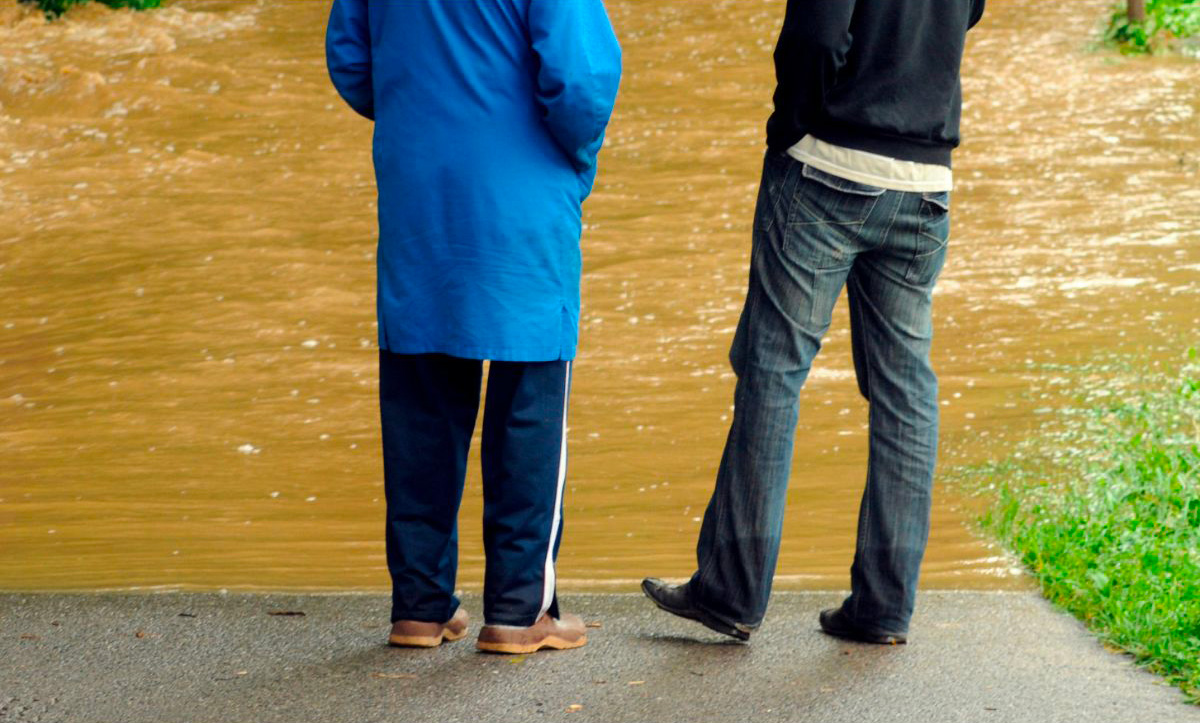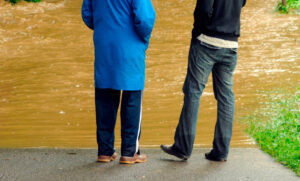How Floods Affect Mental Health: Understanding the Psychological Impact
Floods, while devastating on a physical level, can also take a significant toll on mental health. The aftermath of such disasters often brings to light not only the destruction of homes and infrastructure but also the invisible wounds inflicted on individuals and communities. This article delves into the psychological impacts of flooding, highlighting the emotional challenges faced by those affected and offering strategies for managing mental health in the wake of such crises.
The Psychological Effects of Flooding
Flooding can lead to a wide range of psychological effects, from acute stress reactions to long-term mental health issues. The sudden displacement from homes, the loss of personal belongings, and the overall disruption of daily life can trigger a myriad of emotional responses. Common psychological effects include:
- Acute Stress Reaction: Immediate feelings of panic, confusion, and helplessness are common right after a flood. These reactions can be overwhelming and may include symptoms such as difficulty sleeping, nightmares, and heightened anxiety.
- Post-Traumatic Stress Disorder (PTSD): Individuals exposed to severe flooding may develop PTSD, characterized by persistent flashbacks, severe anxiety, and uncontrollable thoughts about the event.
- Depression and Anxiety: The loss of homes and possessions, along with the ongoing stress of recovery, can contribute to feelings of sadness, hopelessness, and anxiety.
- Grief and Loss: The emotional impact of losing cherished items and the sense of security can lead to profound grief and mourning.
Signs of Stress and Mental Health Issues
Recognizing the signs of stress and mental health issues in the aftermath of a flood is crucial for timely intervention. Some signs to watch for include:
- Behavioral Changes: Withdrawal from social interactions, changes in sleep patterns, or increased substance use can indicate underlying stress or mental health problems.
- Emotional Distress: Persistent feelings of sadness, irritability, or anger that don’t seem to improve over time may signal a deeper issue.
- Physical Symptoms: Chronic headaches, stomach problems, or unexplained physical ailments can sometimes be linked to emotional distress.
- Difficulty Functioning: Trouble concentrating, making decisions, or carrying out daily activities may be a sign of severe stress or mental health struggles.
Strategies for Coping with the Psychological Impact of Flooding
Managing mental health in the wake of a flood requires a combination of self-care, support, and professional intervention. Here are some strategies to help cope with the emotional aftermath:
- Seek Professional Help: Consulting with a mental health professional, such as a psychologist or counselor, can provide valuable support and coping strategies tailored to individual needs.
- Connect with Support Networks: Reaching out to family, friends, or support groups can help individuals feel less isolated and more supported during recovery.
- Practice Self-Care: Engaging in activities that promote relaxation and well-being, such as exercise, meditation, and hobbies, can help manage stress levels.
- Establish Routines: Rebuilding a sense of normalcy through structured daily routines can provide stability and reduce anxiety.
- Stay Informed: Understanding the recovery process and accessing resources for mental health support can empower individuals to take proactive steps towards healing.
Building Resilience and Recovery
While the psychological impact of floods can be profound, building resilience and focusing on recovery can foster long-term well-being. Communities and individuals can benefit from collective efforts to provide emotional support, promote mental health awareness, and offer resources for psychological care.
By acknowledging the psychological effects of flooding and addressing them with compassion and effective strategies, individuals and communities can work towards healing and rebuilding stronger, more resilient lives.

My name is Martin Desmet and I’m passionate about flood studies and hydrological risk management. For more than 20 years, I have devoted my career to understanding flood-related phenomena and helping communities to better prepare for and protect themselves against these devastating events. After completing my doctorate in hydrology at the University of Liège, I had the opportunity to work on various projects in collaboration with government bodies, NGOs and private companies. My career has led me to take a close interest in flood modelling and the impact of climate change on our hydrological regimes. I have also had the opportunity to contribute to the design of early warning systems and emergency plans for vulnerable regions. Even though I have published a few scientific articles and given lectures, I remain first and foremost involved in the field, where I can provide concrete solutions tailored to the needs of communities. Outside work, I enjoy spending time in nature, particularly near rivers and wetlands, which inspire me and help me to better understand the ecosystems I study. My aim is to continue learning and sharing my knowledge to help reduce the impact of flooding on our lives and our environment.
Discover more from Alert-disaster
Subscribe to get the latest posts sent to your email.









Leave a Reply